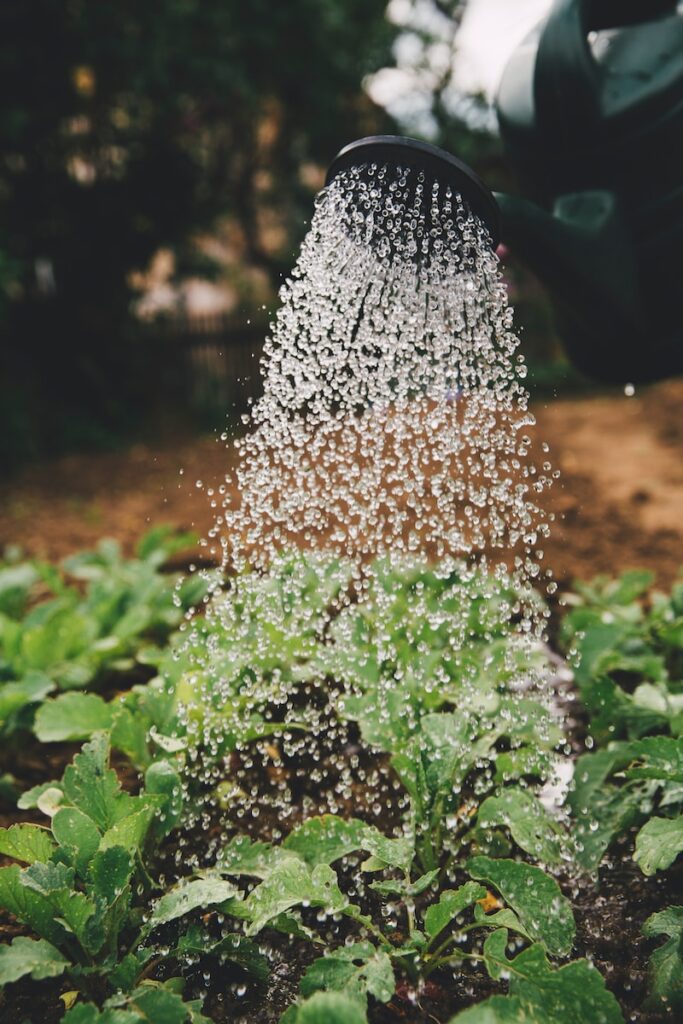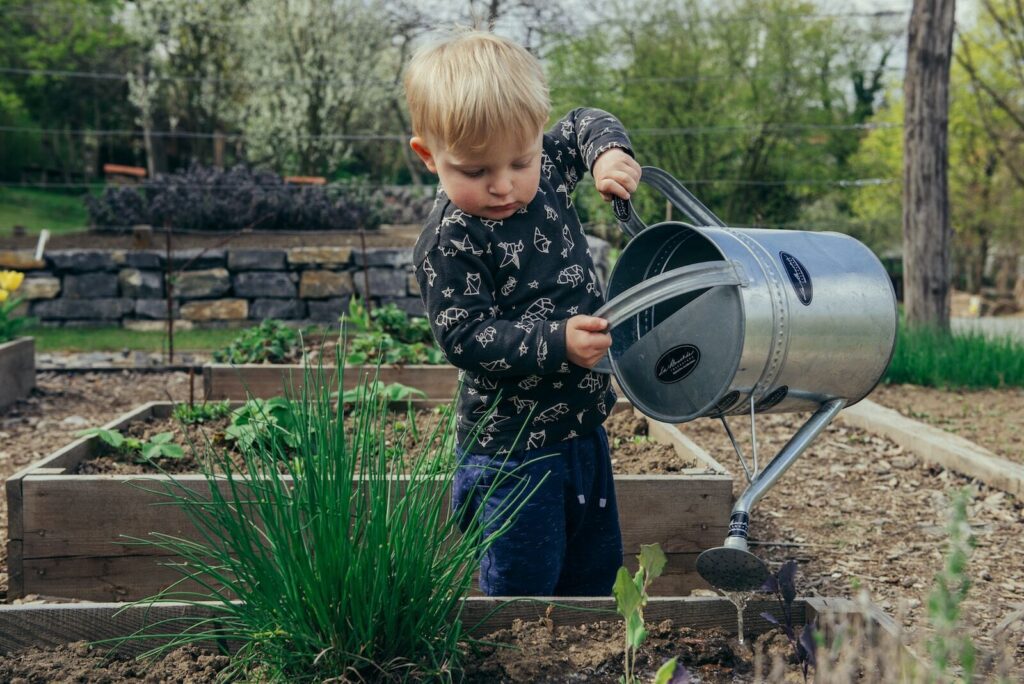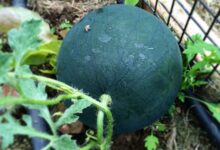Story of Day :
Watering your plants is an important part of keeping them healthy and vibrant. Knowing how often to water your plants can be tricky, as it depends on the type of plant, the size of the pot, and the environment in which it is growing.
In this article, we will discuss some general guidelines for how often you should water your plants, as well as some tips for determining when your plants need to be watered.
How to Tell When Your Plants Need Watering: Tips for Knowing When to Water Your Plants
Knowing when to water your plants is essential for keeping them healthy and vibrant. Without the right amount of water, plants can become stressed, leading to wilting, yellowing leaves, and even death. Fortunately, there are several ways to tell when your plants need watering.
The first sign that your plants need water is wilting. Wilting occurs when the plant’s leaves droop or hang down from the stem. This is usually a sign that the plant is not getting enough water and needs to be watered immediately.
Another sign that your plants need water is yellowing leaves. When a plant does not get enough water, its leaves will start to turn yellow and eventually fall off. If you notice this happening, it’s time to give your plants a good drink of water.
Finally, you can check the soil around your plants for dryness. Stick your finger into the soil about an inch deep and if it feels dry, it’s time to give your plants some water. If the soil feels damp or wet, then your plants are likely getting enough water and don’t need any more at this time.
By paying attention to these signs, you can ensure that your plants get the right amount of water they need to stay healthy and vibrant.

The Benefits of Properly Watering Your Plants: Why You Shouldn’t Overwater or Underwater Your Plants
Properly watering your plants is essential for their health and growth. It is important to understand the needs of your plants and how much water they require in order to ensure that they receive the right amount.Overwatering or underwatering your plants can lead to a variety of problems, including wilting, yellowing leaves, root rot, and even death. Here are some of the benefits of properly watering your plants and why you should not overwater or underwater them.
The first benefit of properly watering your plants is that it helps them absorb nutrients from the soil. When plants are watered correctly, they are able to take up more nutrients from the soil, which helps them grow and thrive. This is especially important for young plants that need extra nourishment in order to develop strong roots and stems.
Another benefit of properly watering your plants is that it helps prevent disease. Overwatering or underwatering can cause a plant’s roots to become waterlogged, which can lead to root rot and other diseases. By providing the right amount of water, you can help keep your plants healthy and free from disease.
Finally, properly watering your plants helps them survive during periods of drought or extreme heat. When a plant is given too much or too little water, it can become stressed and unable to cope with the changing conditions. By providing the right amount of water, you can help ensure that your plants stay healthy even during difficult times.
In conclusion, properly watering your plants is essential for their health and growth. Overwatering or underwatering can lead to a variety of problems, including wilting, yellowing leaves, root rot, and even death. By understanding the needs of your plants and providing them with the right amount of water, you can help ensure that they stay healthy and thrive in any environment.

Conclusion
Watering your plants is an important part of keeping them healthy and happy. The amount of water your plants need will depend on the type of plant, the size of the pot, and the temperature and humidity in your home. Generally, it’s best to water your plants when the top inch or two of soil is dry. If you’re unsure, it’s better to underwater than overwater. With a little trial and error, you’ll soon find out what works best for your plants.



